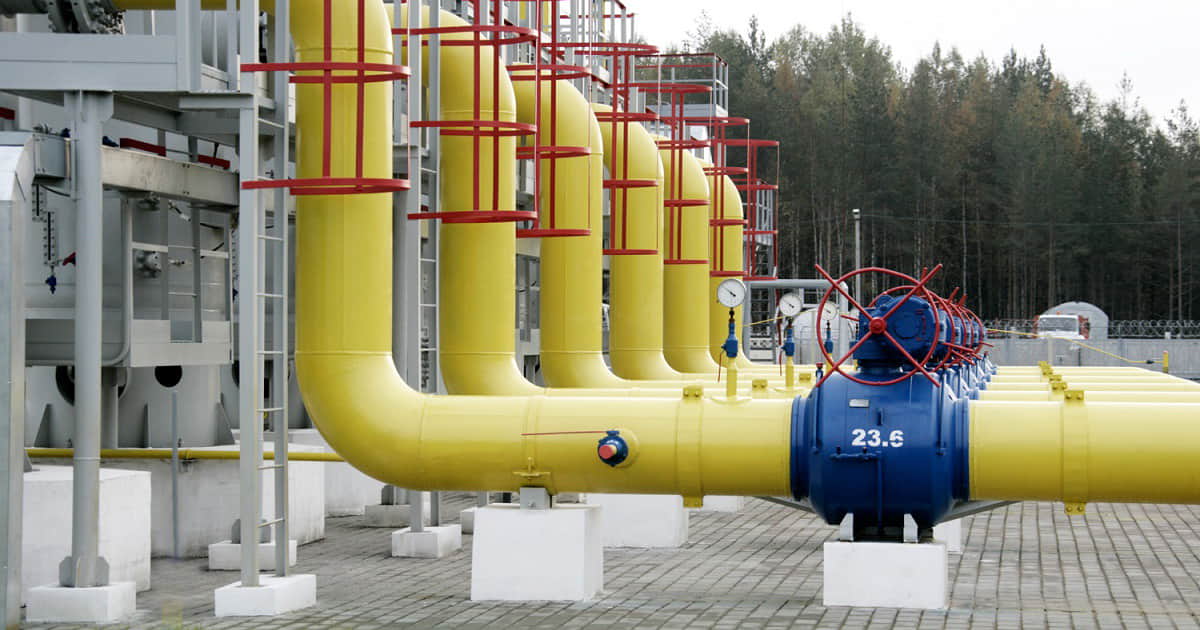Why Moldova declared energy crisis and what could topple Transnistria

Starting Monday, 16 December, Moldova entered a state of emergency. The country faces critical energy challenges, and Prime Minister Dorin Recean has warned citizens of a difficult winter ahead. It's possible that on 1 January, Gazprom will fully and permanently stop supplying free gas to Transnistria.
This is the harshest scenario imaginable. Read more about the challenges Moldova is facing and whether the harshest outcomes can be avoided in the article by Sergiy Sydorenko, the European Pravda editor - Moldova on a gas needle: why the country declared a state of emergency and what Transnistria has to do with it. Advertisement:
On 1 January 2025, the gas transit agreement between Gazprom and Naftogaz for Ukraine's territory, signed in December 2019, is set to expire. The full-scale war has made signing a new contract between the Ukrainian state company and the monopolist from the aggressor state impossible. Chisinau initially dismissed these concerns as part of an information war, hoping an interim solution would emerge.
A few expected a complete cessation of gas supplies from Russia until recently. But tensions were rising in Chisinau by late November. Paradoxically, Chisinau itself doesn't face an immediate gas deficit. The real issue lies elsewhere.
If gas supplies to Transnistria stop, the country's only large power plant, which supplies the vast majority of Moldova's electricity, will halt operations. This would result in widespread blackouts. Additionally, electricity prices on the right bank of the Dniester River would spike, further eroding the popularity of Moldova's pro-European, pro-Ukrainian government.
By 2025, however, Moldova is expected to have an alternative to Transnistrian-Russian electricity. Under the current government, construction began on a new high-voltage power line from Romania (Vulcanesti-Chisinau), enabling direct energy imports. The project is expected to be completed next year.
The Russian side has remained silent about gas supplies to Transnistria, leaving room for speculation. Moldovan officials claim they are preparing for the harshest scenario, though they don't fully believe it will come true. The worst-case scenario would be a complete and prolonged halt in gas supply with no resumption during the current heating season. "If supplies stop, the Transnistrian region faces collapse," said Victor Parlicov, the former energy minister, who has been blamed for the crisis.
In Moldova, such a scenario would lead to mass, hours-long blackouts, similar to what Ukraine is experiencing, though without missile attacks. A total halt to free gas supplies would mean the economic collapse of the self-proclaimed "state" and a major humanitarian crisis with tectonic consequences for the region. Essentially, this could pave the way for Transnistria's reintegration into Moldova and its exit from Moscow's control.
Parlicov believes the most likely scenario is a reduction, not a complete cessation, of gas supplies. For the Kremlin, it makes sense. It would preserve Transnistria's dependency while preventing its outright collapse and reintegration with Moldova.
At the same time, it would pressure President Maia Sandu's government and damage its popularity. Even if gas supplies completely stop, Transnistria's government won't collapse overnight. Nonetheless, the region's fall is approaching.
Russia is playing its last cards, using gas and electricity as tools of coercion while it still can.
This period in Moldova will be short-lived, but 2025 will undoubtedly be a challenging year.
If you notice an error, select the required text and press Ctrl + Enter to report it to the editors.